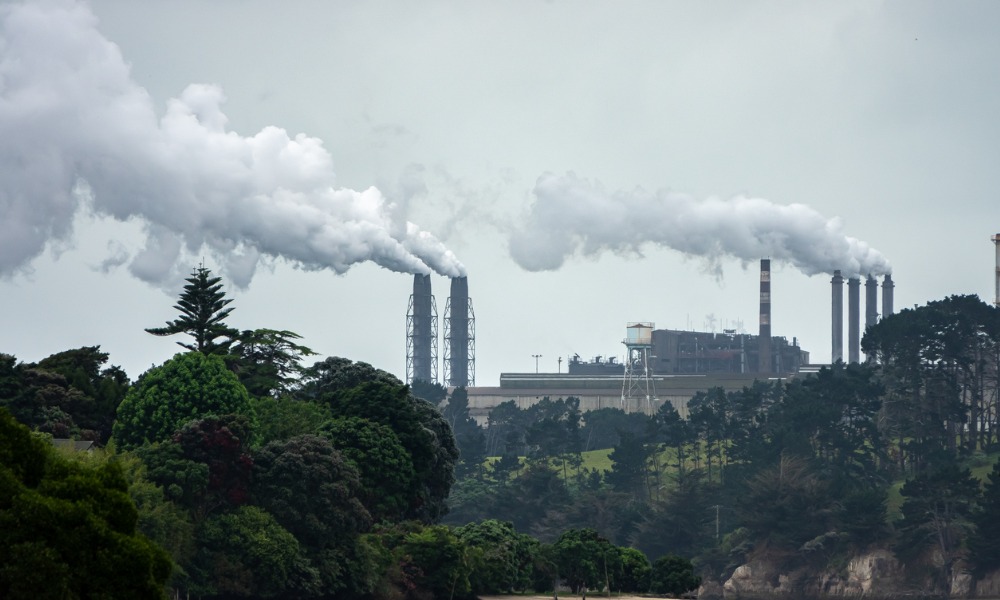RBC plans to install energy-efficient systems in 1,200 branches, starting a major initiative in Spring 2025

RBC is launching a major initiative to retrofit its 1,200 Canadian branches, aiming to cut 10,000 tonnes of onsite carbon emissions.
This multi-million-dollar plan involves investing $35m over three years to install energy-efficient, low-carbon heating and cooling systems, such as heat pumps, replacing outdated HVAC equipment.
The bank will start with the 62 percent of branches where it controls HVAC systems, aiming to complete these upgrades by 2035. RBC will collaborate with landlords to electrify the remaining locations, with most of the retrofit program beginning in Spring 2025.
Currently, about 40 percent of RBC's operational carbon emissions come from its retail branches. By updating HVAC systems, RBC expects to reduce total branch emissions by 70 percent.
This initiative aligns with the goals in RBC's Climate Report 2023, which aims to reduce global GHG emissions and increase the use of renewable energy.
In 2023, RBC reduced its global emissions by 67 percent from its 2018 baseline and now sources 100 percent of its global electricity from renewable sources.
Jennifer Livingstone, vice president of Enterprise Climate Strategy at RBC, emphasizes the importance of reducing building emissions, particularly from heating sources.
“This ambitious commitment to our clients, colleagues, and stakeholders is a significant opportunity for emissions reduction within RBC's operations,” she says.
Buildings are the third-largest source of greenhouse gases in Canada, contributing about 14 percent of total emissions annually. To achieve net zero by 2050, RBC estimates 65 million tonnes of carbon emissions must be cut from this sector.
While emissions per square meter have decreased, residential buildings have seen more progress than commercial ones since 2000.
Thomas Mueller, president, and CEO of the Canada Green Building Council, highlights the need for the building sector to prioritize energy efficiency and eliminate reliance on combustion for heating and cooling.
He praises RBC's commitment to electrifying its properties as a positive step towards decarbonization, stressing the importance of third-party certification to measure progress.
Space heating accounts for 85 percent of carbon emissions in commercial buildings. RBC owns or controls 62 percent of the HVAC units in its retail branches, while landlords control the remaining 38 percent.
Jon Douglas, director of Global Sustainability at RBC, notes that the bank is engaging landlords to align climate goals and drive climate action in the real estate sector. RBC is already collaborating with a landlord to achieve net-zero emissions at a flagship office by 2040.
RBC is also a founding partner of the Climate Smart Buildings Alliance, established in 2023 to reduce emissions in Canada's building sector.
The Alliance focuses on low and zero carbon building materials, reducing combustion in buildings, supporting a clean grid, and promoting retrofits and net-zero new builds.



